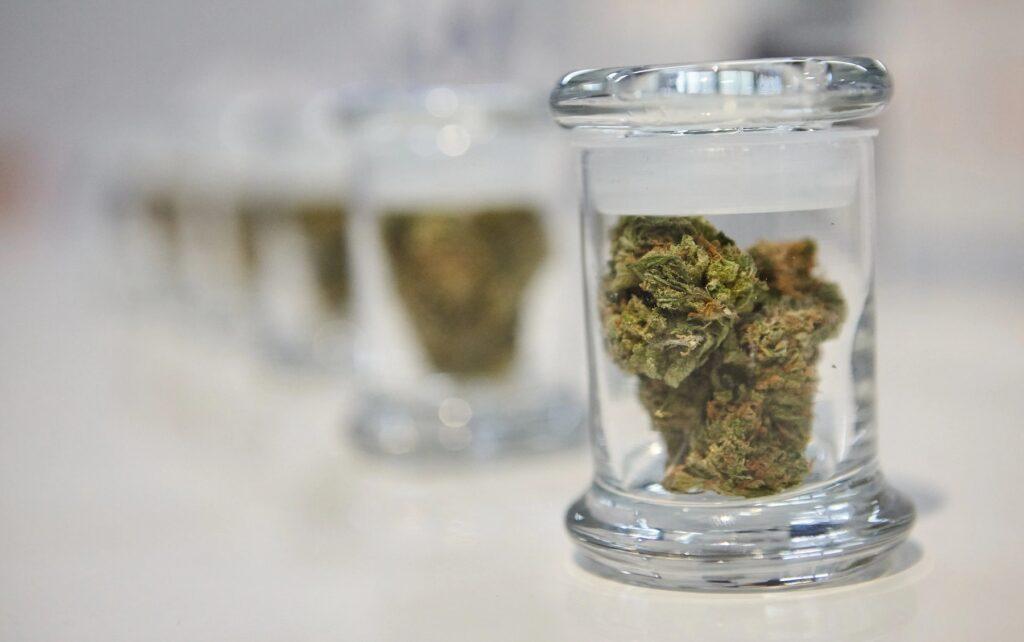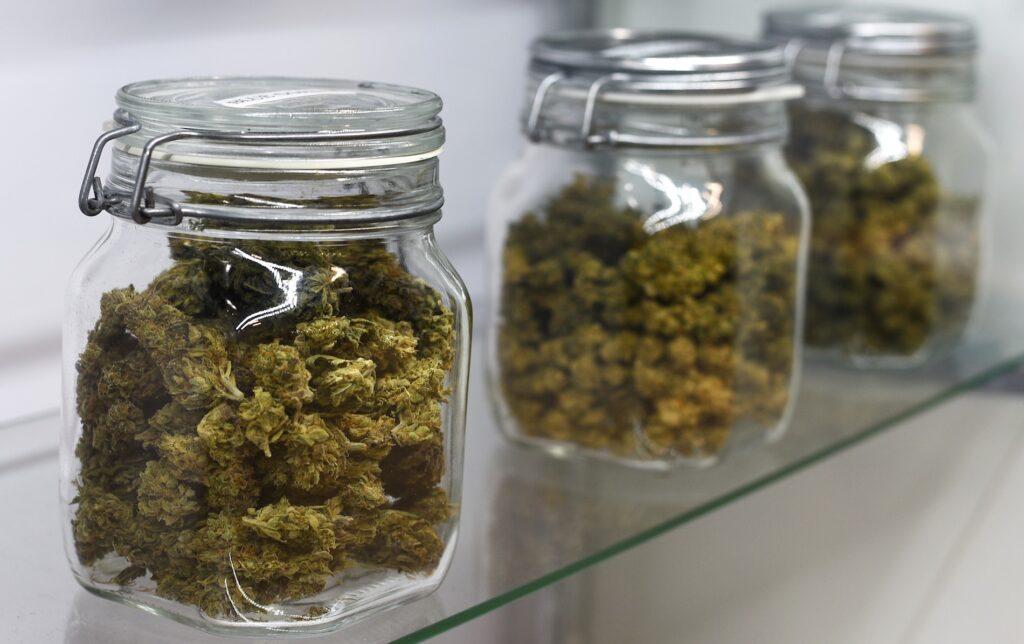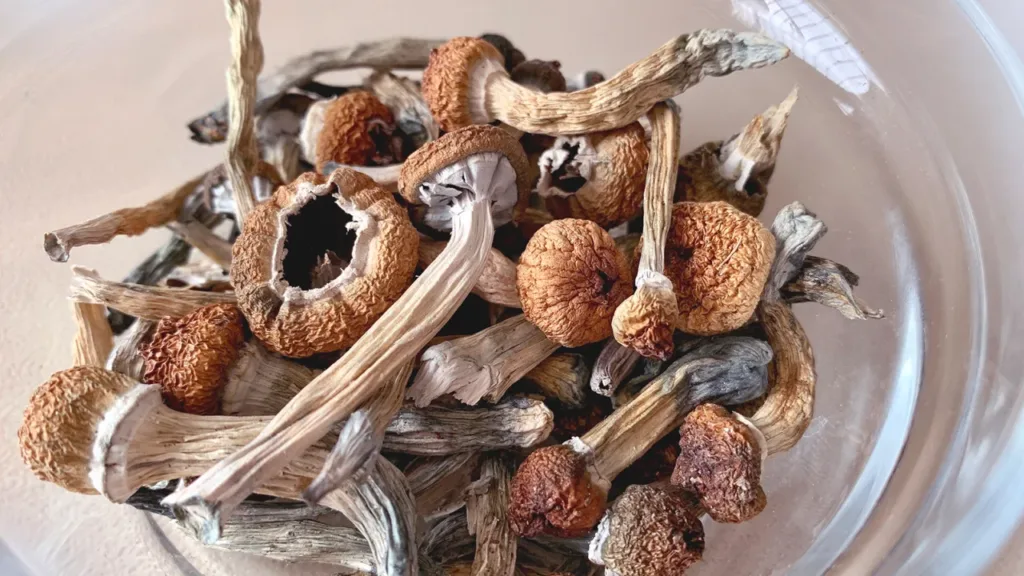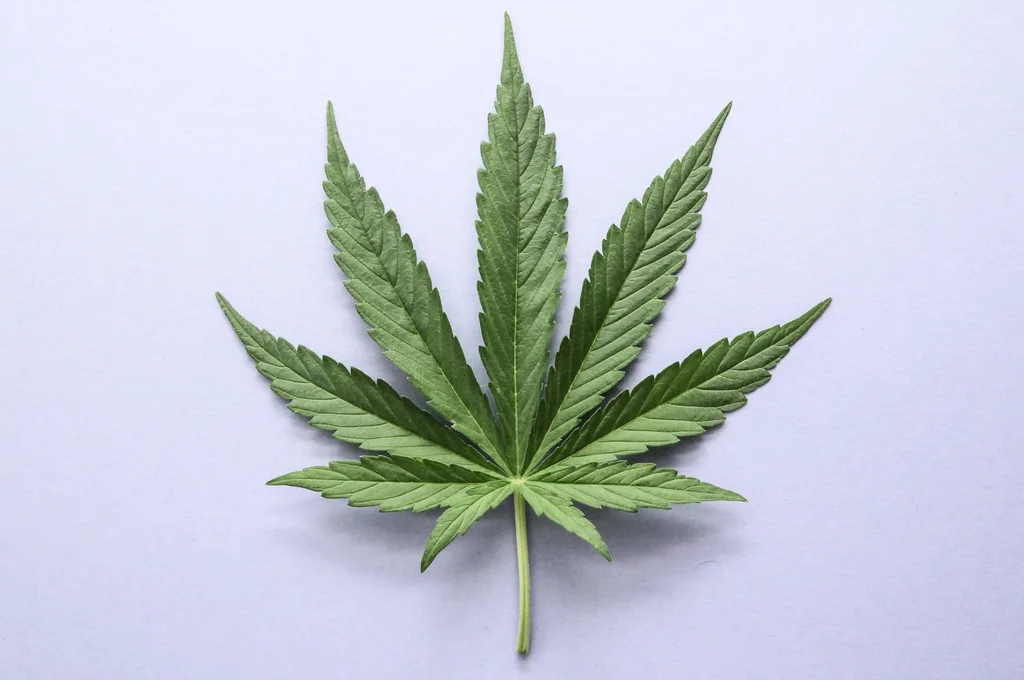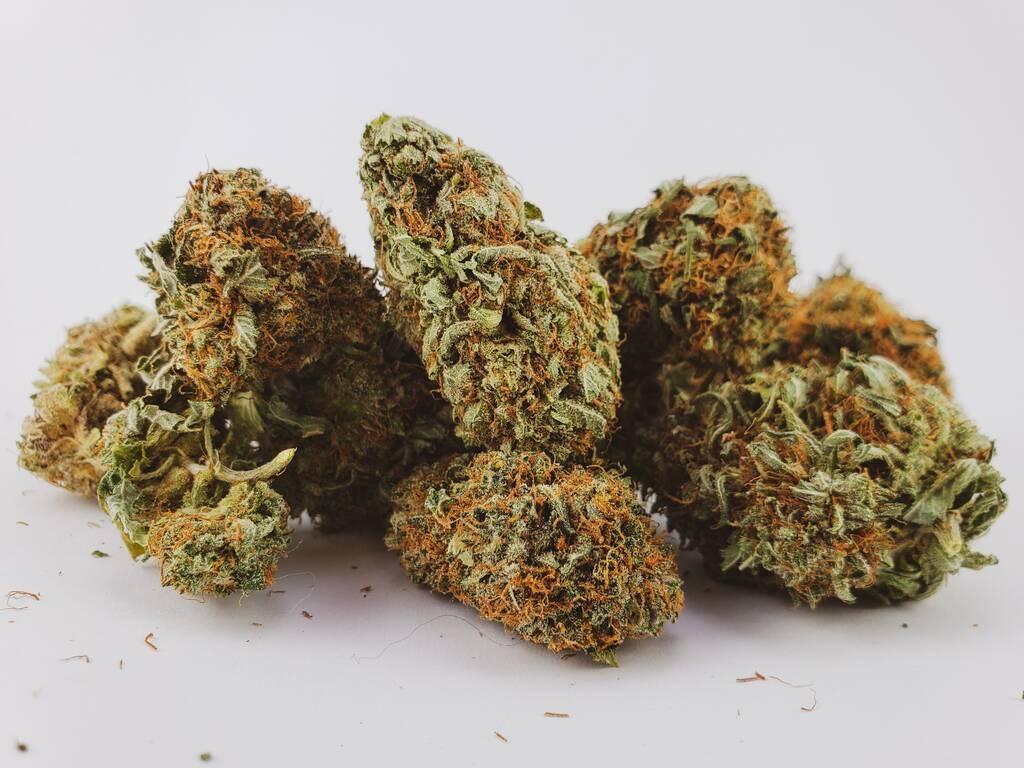There was slightly over $28 million in legal marijuana sold in September in Montana.
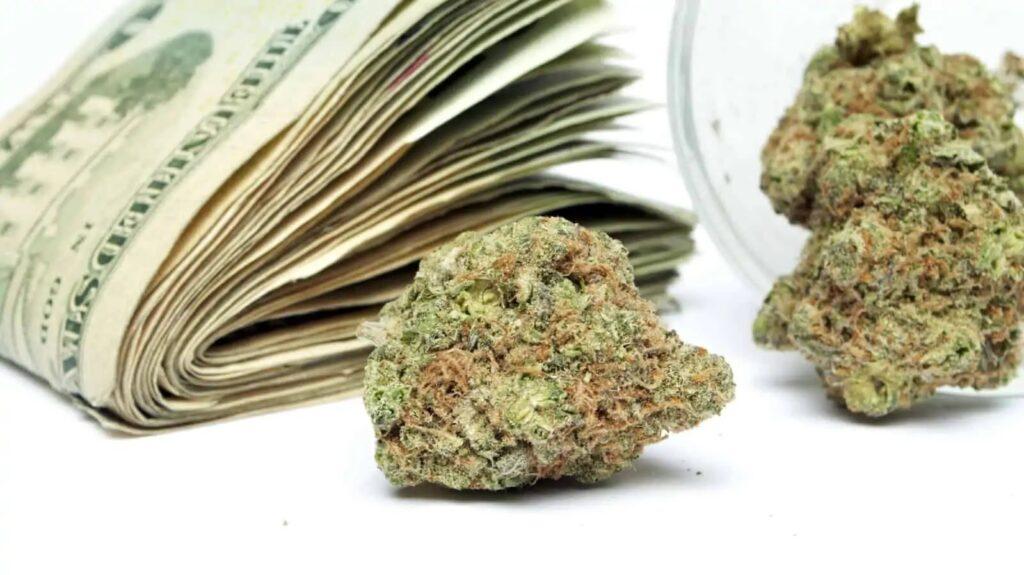 According to the Montana Cannabis Control Division, there was $28,159,456 in marijuana and marijuana products sold legally in September, a modest decrease over the record-breaking $28,697,312 sold in August. This marks the third straight month where marijuana sales have surpassed $28 million, with July marking the first time the state passed the $28 million mark.
According to the Montana Cannabis Control Division, there was $28,159,456 in marijuana and marijuana products sold legally in September, a modest decrease over the record-breaking $28,697,312 sold in August. This marks the third straight month where marijuana sales have surpassed $28 million, with July marking the first time the state passed the $28 million mark.
82% of the marijuana sold in September was purchased by recreational consumers, with sales reaching $23,356,918. The remaining $4,802,538 was purchased by those who are authorized medical marijuana patients.
Continue reading

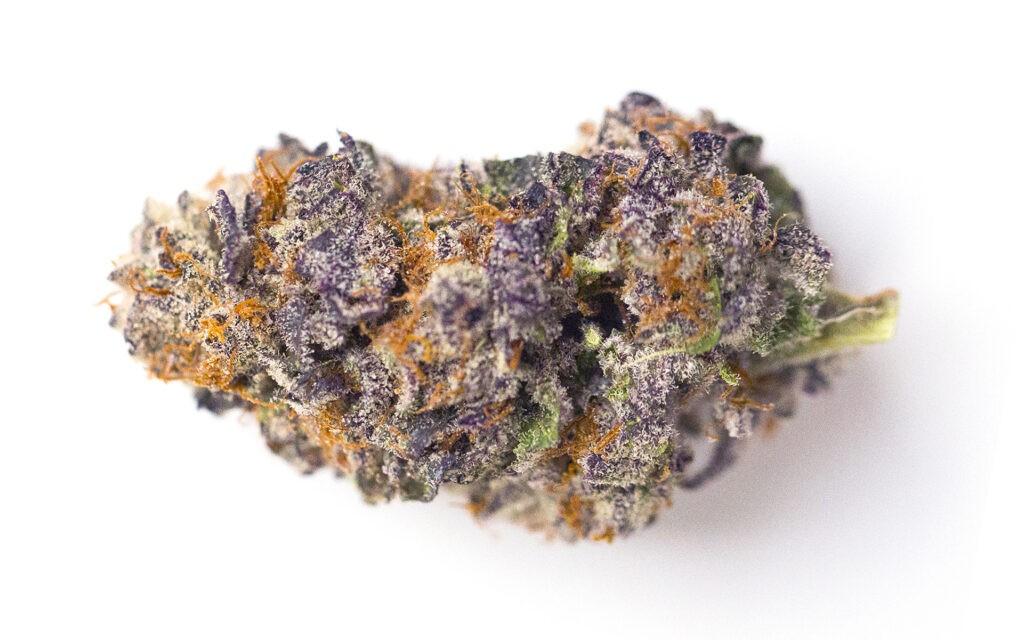 The
The 